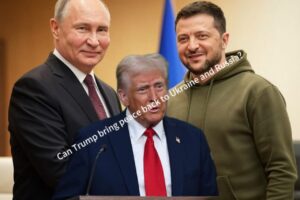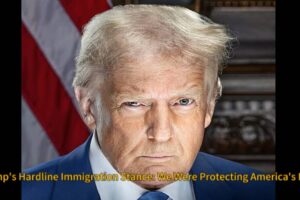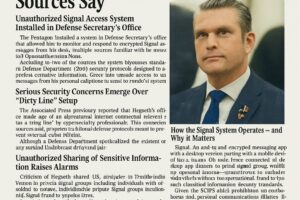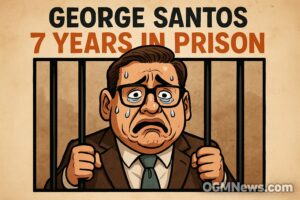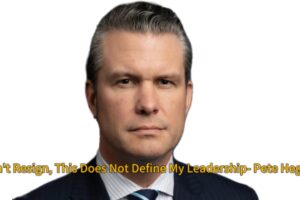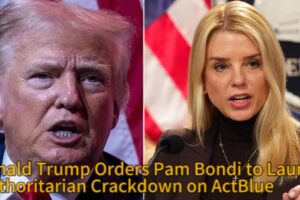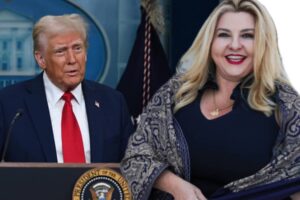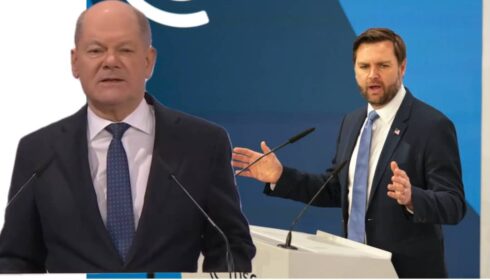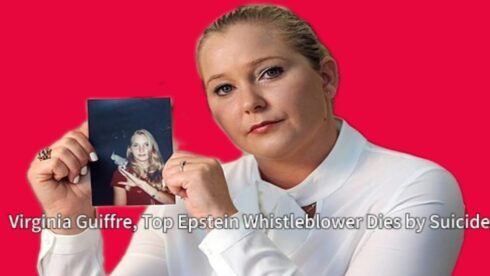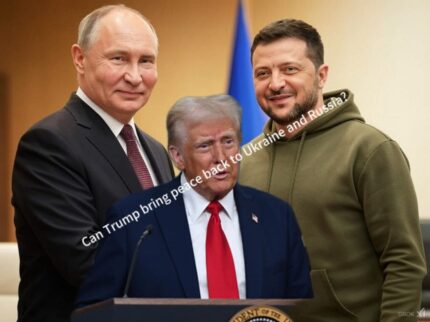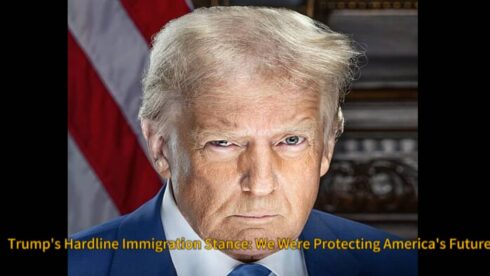German Chancellor Olaf Scholz has fiercely defended Germany’s democratic values, hitting back at US Vice President JD Vance’s remarks criticizing European governance. Speaking at the Munich Security Conference on Saturday, Scholz stated that Germany “will not accept” foreign interventions in its democracy, emphasizing that his government remains committed to keeping the far-right out of political decision-making.
Scholz’s statement came in response to Vance’s controversial speech at the conference, where the US vice president accused European leaders of undermining free speech and suppressing alternative political viewpoints. Vance’s comments, which were widely seen as a broadside against European governance, drew sharp criticism from German officials. Scholz responded by reiterating that free speech in Germany operates within legal frameworks that prevent hate speech and extremism, a principle he suggested the US vice president failed to acknowledge.
JD Vance’s Attack on European Leaders Sparks Outrage
Vice President JD Vance’s speech on Friday stunned attendees at the Munich Security Conference, as he launched a blistering ideological attack on Europe’s political landscape. Vance accused European leaders of using terms like “misinformation” and “disinformation” to suppress dissenting voices and prevent the rise of alternative political movements. He further suggested that European elites were more focused on protecting entrenched interests than respecting democratic processes.
In a particularly provocative statement, Vance argued that the greatest threat to Europe was not external adversaries like Russia or China, but the continent’s own retreat from fundamental democratic values. He questioned whether the US and Europe still shared a common agenda, warning that “democracy will not survive if people’s concerns are deemed invalid.” His remarks were met with shock and condemnation from European leaders, who viewed them as an affront to transatlantic unity.
Ukraine War and Transatlantic Tensions
The escalating tensions between the US and its European allies come at a critical moment in the ongoing war between Ukraine and Russia. Speaking at the conference, Scholz emphasized that lasting peace could only be achieved if Ukraine’s sovereignty was fully secured. “A dictated peace will therefore never find our support,” he said, reaffirming Germany’s commitment to aiding Ukraine’s defense.
Scholz’s comments come amid growing concerns that the Trump administration’s approach to Ukraine is shifting. Reports indicate that President Trump has deprioritized Ukraine’s NATO aspirations and is pushing for a peace settlement that could force Kyiv to cede territory to Moscow. Vance’s speech further deepened these concerns, as he barely addressed the Ukraine war, instead focusing on his ideological critique of European governance.
Germany’s Defense Strategy Amid US Uncertainty
As transatlantic tensions grow, Germany is ramping up its defense capabilities. Scholz reiterated that Europe must build a robust defense industry to ensure its security, though he assured that Germany would continue purchasing US-made military equipment. “We are not giving up the transatlantic integration of our defense industries,” he stated, underscoring the importance of cooperation with NATO allies.
Scholz also signaled that Germany’s next government would likely introduce exemptions for defense and security spending in relation to the country’s strict debt limitations. This move would allow Germany to invest more in military preparedness at a time when European leaders are increasingly concerned about future US foreign policy shifts under Trump’s leadership.
Fallout from Vance’s Speech and the Future of US-Europe Relations
Vance’s remarks at the conference have been widely criticized as damaging to US-European relations. His assertions that European governments are stifling free speech and ignoring voter concerns over migration and governance were met with silence from delegates in the hall. Even attempts at humor—such as a reference to climate activist Greta Thunberg—failed to elicit a reaction, highlighting the growing divide between the US administration and its European counterparts.
The speech has also fueled fears in Europe that the Trump administration’s foreign policy will favor transactional diplomacy over longstanding alliances. Vance’s criticism of European leadership, coupled with Trump’s reported outreach to Russian President Vladimir Putin, has raised alarm that Washington may push for a peace deal that benefits Moscow at the expense of Ukraine’s territorial integrity.
As European leaders grapple with these developments, the Munich Security Conference has laid bare the widening rift between the US and its traditional allies. The fallout from Vance’s speech suggests that the transatlantic partnership faces significant challenges in the years ahead, with Europe increasingly questioning whether it can rely on Washington’s support in an era of shifting US priorities.


